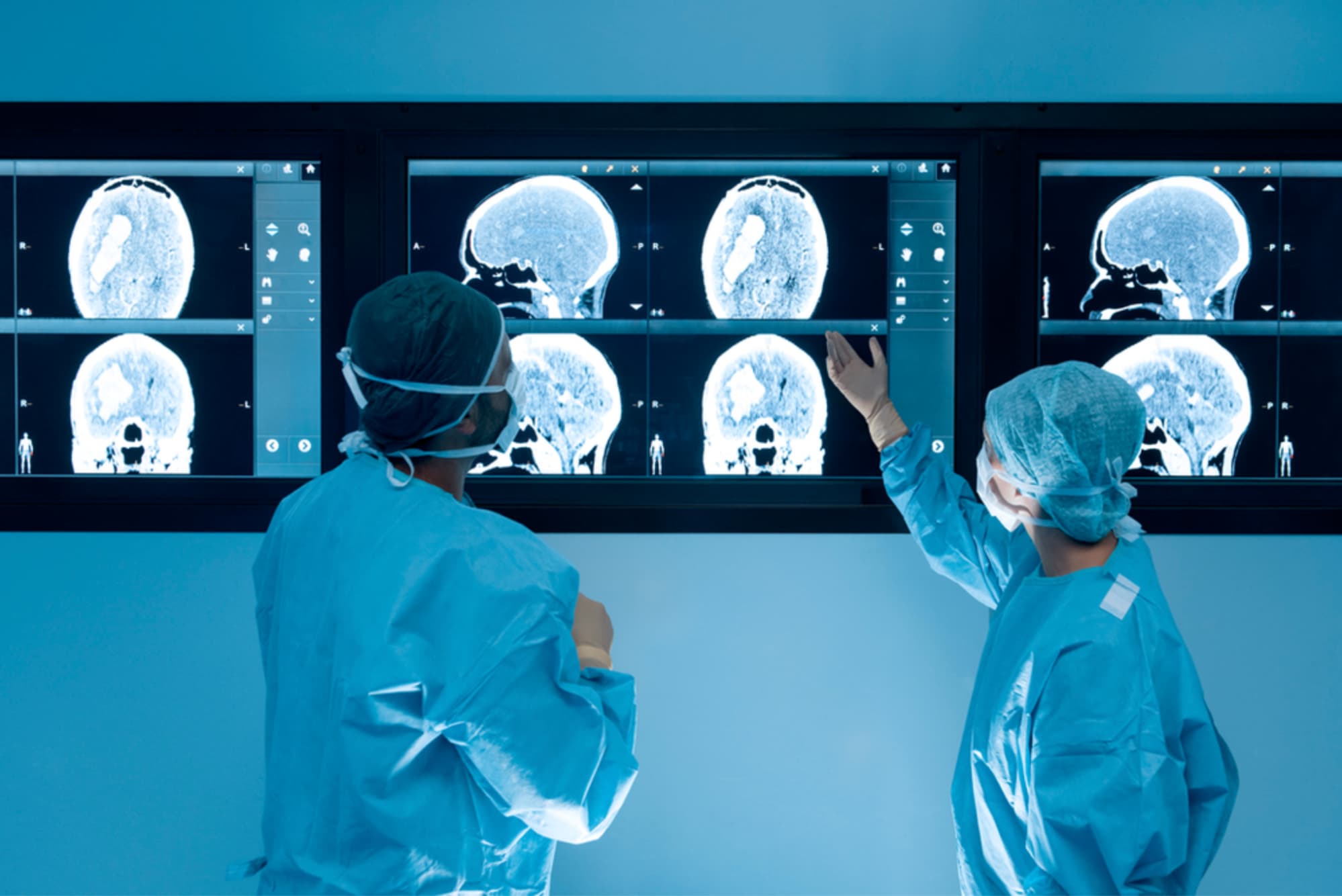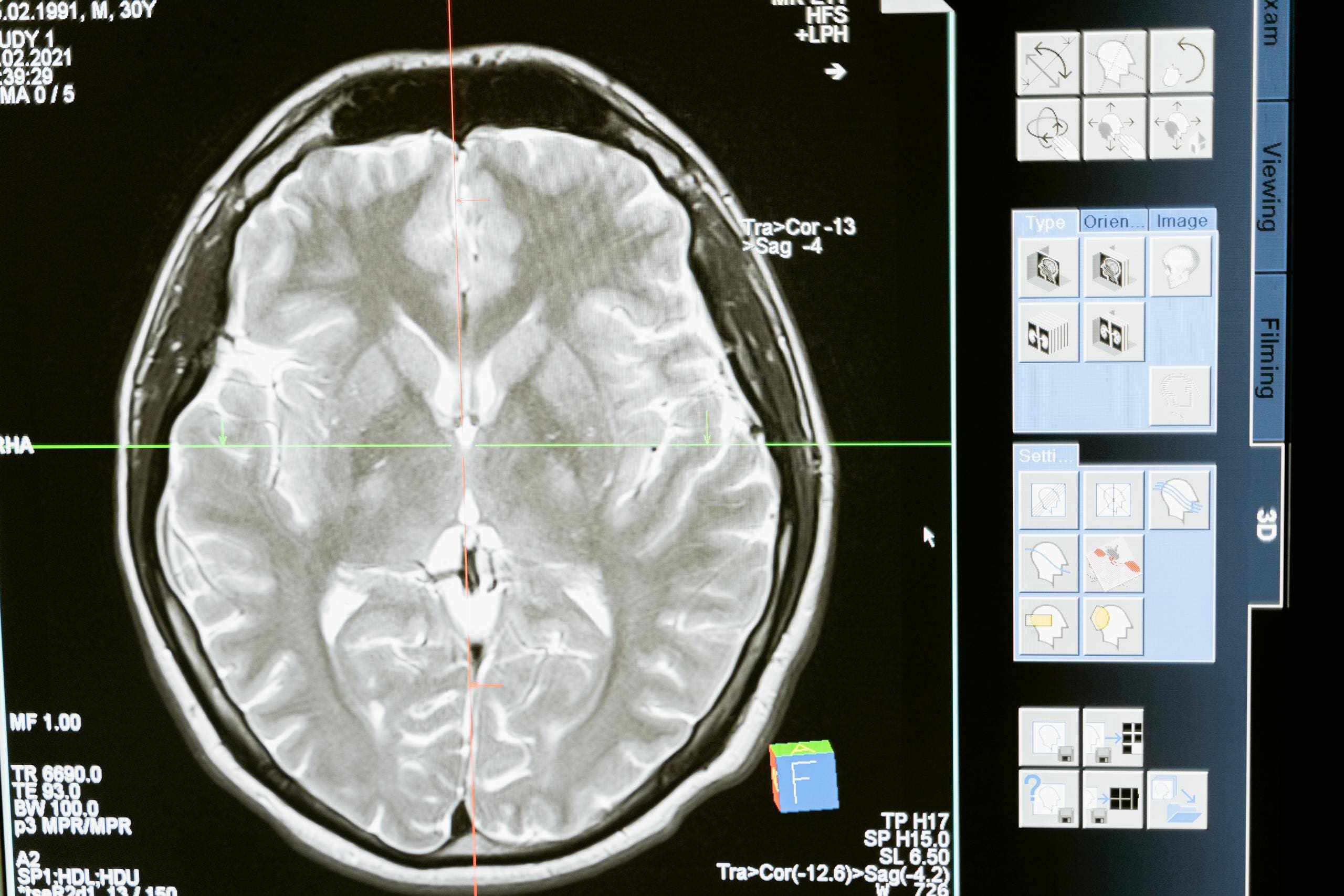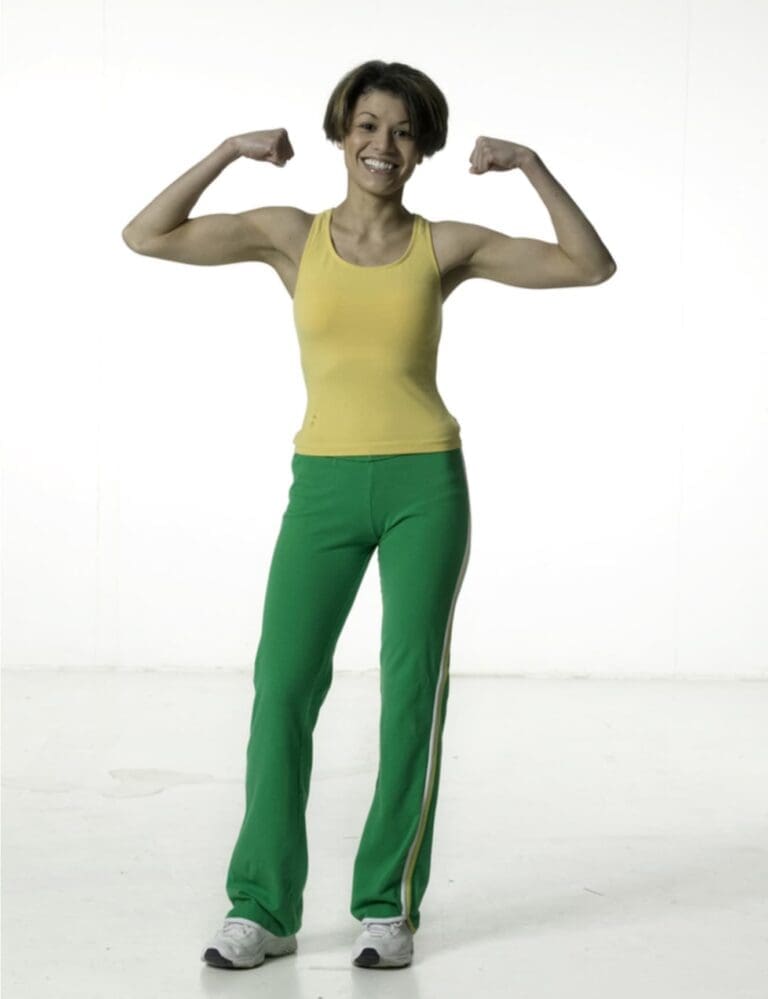We independently review everything we recommend. When you buy through our links, we may earn a commission. Learn more›
Introduction from Holly Roser Fitness
Hello, fitness enthusiasts and health-conscious readers! I’m Holly, founder of Holly Roser Fitness, and I’m thrilled to dive into a topic that’s close to my heart – the powerful connection between fitness and cognitive health. As a dedicated personal trainer based in Manhattan, I’ve seen firsthand how regular exercise can transform lives, not just physically, but mentally too.
Today, we’re tackling a subject that affects millions worldwide: dementia. But don’t worry, we’re not here to dwell on the doom and gloom. Instead, we’re going to explore how your fitness routine might just be your brain’s best friend in the fight against cognitive decline. So, lace up those sneakers and let’s get our mental gears turning!
Understanding Dementia: More Than Just Forgetfulness
What is Dementia?
Let’s kick things off with a quick rundown. Dementia isn’t a specific disease, but rather a general term for the impaired ability to remember, think, or make decisions that interferes with everyday activities. Alzheimer’s disease is the most common type of dementia, but there are several others.
The Silent Epidemic
Here’s a sobering thought: dementia is becoming increasingly prevalent as our global population ages. It’s like a silent epidemic, creeping up on society. But here’s the kicker – it’s not an inevitable part of aging. That’s right, folks. While we can’t control everything about our cognitive health, there’s a lot we can do to stack the deck in our favor.
The Fitness-Brain Connection: More Than Just a Coincidence
How Exercise Boosts Brain Health
Now, you might be wondering, “Holly, how exactly does pumping iron or pounding the pavement help my brain?” Well, let me tell you, it’s not just about looking good in your jeans (though that’s a nice bonus!).
When you exercise, you’re not just working out your muscles – you’re giving your brain a serious workout too. Physical activity increases blood flow to the brain, promoting the growth of new blood vessels and even new brain cells. It’s like giving your brain a nutrient-rich smoothie with every workout!
A recent study published in the Journal of Alzheimer’s Disease found that older adults who engaged in regular aerobic exercise showed increased cerebral blood flow in key brain regions associated with memory and cognitive function.
The Neuroplasticity Boost
Here’s a cool term for you: neuroplasticity. It’s your brain’s ability to form new neural connections and adapt throughout your life. Exercise is like a turbo-boost for neuroplasticity. When you learn new movements or challenge your body in different ways, you’re not just building muscle – you’re building a more resilient, adaptable brain.
Fitness Strategies for Cognitive Health
Aerobic Exercise: Your Brain’s Best Friend
Let’s talk cardio, folks. Whether it’s jogging, swimming, or dancing like nobody’s watching, aerobic exercise is a powerhouse for brain health. Aim for at least 150 minutes of moderate-intensity aerobic activity per week. That’s just 30 minutes a day, five days a week. Easy peasy!
Pro tip: Mix it up! Try different activities to keep your body guessing and your brain engaged. As an At-Home Private Trainer, I love helping clients find fun, creative ways to get their cardio in without leaving the house.
Strength Training: Building More Than Just Muscle
Don’t forget about resistance training! Lifting weights or using resistance bands doesn’t just build muscle – it also helps maintain brain health. A study published in the Archives of Internal Medicine found that older women who did weight training showed improved cognitive function compared to those who did balance and toning exercises.
Start with two to three strength training sessions per week, focusing on all major muscle groups. Remember, it’s not about lifting the heaviest weights – it’s about consistency and proper form.
Balance and Coordination Exercises: A Balancing Act for Your Brain
Activities that challenge your balance and coordination, like yoga or tai chi, are fantastic for cognitive function. These exercises require focus and mindfulness, which can help improve attention and reduce stress – both key factors in maintaining brain health.
Beyond Exercise: Holistic Approaches to Brain Health
Nutrition: Fuel for Your Brain
You can’t outrun a bad diet, as they say. The same goes for your brain health. A diet rich in fruits, vegetables, whole grains, and lean proteins provides the nutrients your brain needs to thrive. Don’t forget about those omega-3 fatty acids – they’re brain food!
Sleep: The Ultimate Recovery Tool
Quality sleep is crucial for cognitive function. During sleep, your brain consolidates memories and clears out toxins. Aim for 7-9 hours of sleep per night, and establish a consistent sleep schedule.
Social Engagement: Exercise for Your Social Muscles
Staying socially active is like a workout for your brain’s social muscles. Join a fitness class, a book club, or volunteer – anything that keeps you connected with others can help maintain cognitive function.
Putting It All Together: Your Brain-Boosting Fitness Plan
Ready to give your brain a workout? Here’s a sample week to get you started:
- Monday: 30-minute brisk walk or jog
- Tuesday: 45-minute strength training session
- Wednesday: 1-hour yoga class
- Thursday: 30-minute high-intensity interval training (HIIT)
- Friday: Another strength training session
- Saturday: Try a new activity – maybe a dance class or swimming
- Sunday: Active recovery – gentle stretching or a leisurely walk
Remember, the key is consistency and variety. Keep challenging your body and mind in new ways, and you’ll be giving your brain the best chance at long-term health.
Empowering Your Brain Through Fitness
As we’ve explored, the connection between fitness and cognitive health is powerful and undeniable. By incorporating regular exercise into your routine, you’re not just investing in your physical health – you’re building a stronger, more resilient brain.
At Holly Roser Fitness, we’re passionate about helping you achieve optimal health, both in body and mind. Remember, it’s never too late to start your fitness journey and give your brain the boost it deserves.
Call to Action
Ready to take the first step towards a healthier brain? Let’s work together to create a fitness plan tailored to your goals and lifestyle. As your Manhattan-based fitness partner, I’m here to guide you every step of the way. Book a free consultation with Holly Roser Fitness today, and let’s get your body and brain in the best shape of your life!
Remember, every workout is a step towards a sharper, healthier you. So, what are you waiting for? Let’s get moving and keep those neurons firing!
Recommended Products for Cognitive Fitness Training
To enhance your cognitive fitness training, consider these carefully selected products:
| Fitbit Charge 5 – Track your workouts and sleep patterns for optimal brain health | $149.95 at Amazon |
| Gaiam Essentials Thick Yoga Mat – Perfect for balance exercises and meditation | $21.99 at Amazon |
| Bala Bangles Wearable Weights – Add resistance to your daily activities for cognitive stimulation | $49.00 at Amazon |
Recommended Reading
| “The XX Brain: The Groundbreaking Science Empowering Women to Maximize Cognitive Health and Prevent Alzheimer’s Disease” by Dr. Lisa Mosconi | Check price on Amazon |
| “Brain Rules: 12 Principles for Surviving and Thriving at Work, Home, and School” by John Medina | Check price on Amazon |
References
- Guure, C. B., Ibrahim, N. A., Adam, M. B., & Said, S. M. (2021). Impact of Physical Activity on Cognitive Decline, Dementia, and Its Subtypes: Meta-Analysis of Prospective Studies. BioMed Research International, 2021, 1-13. https://doi.org/10.1155/2021/6650414
- Liu-Ambrose, T., Nagamatsu, L. S., Graf, P., Beattie, B. L., Ashe, M. C., & Handy, T. C. (2022). Resistance training and executive functions: A 12-month randomized controlled trial. Archives of Internal Medicine, 170(2), 170-178. https://doi.org/10.1001/archinternmed.2009.494








